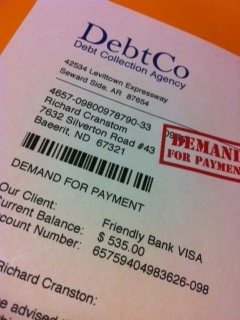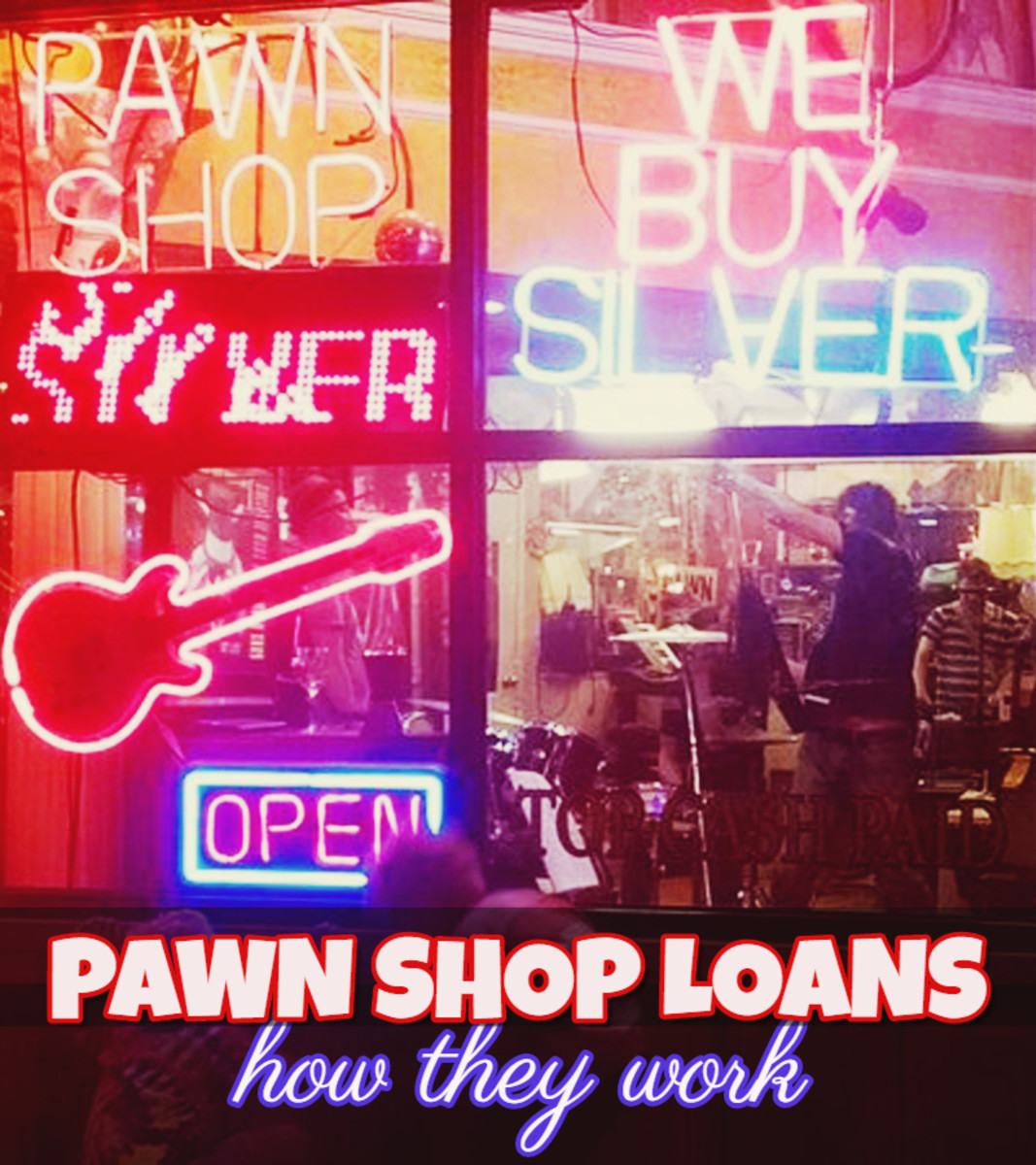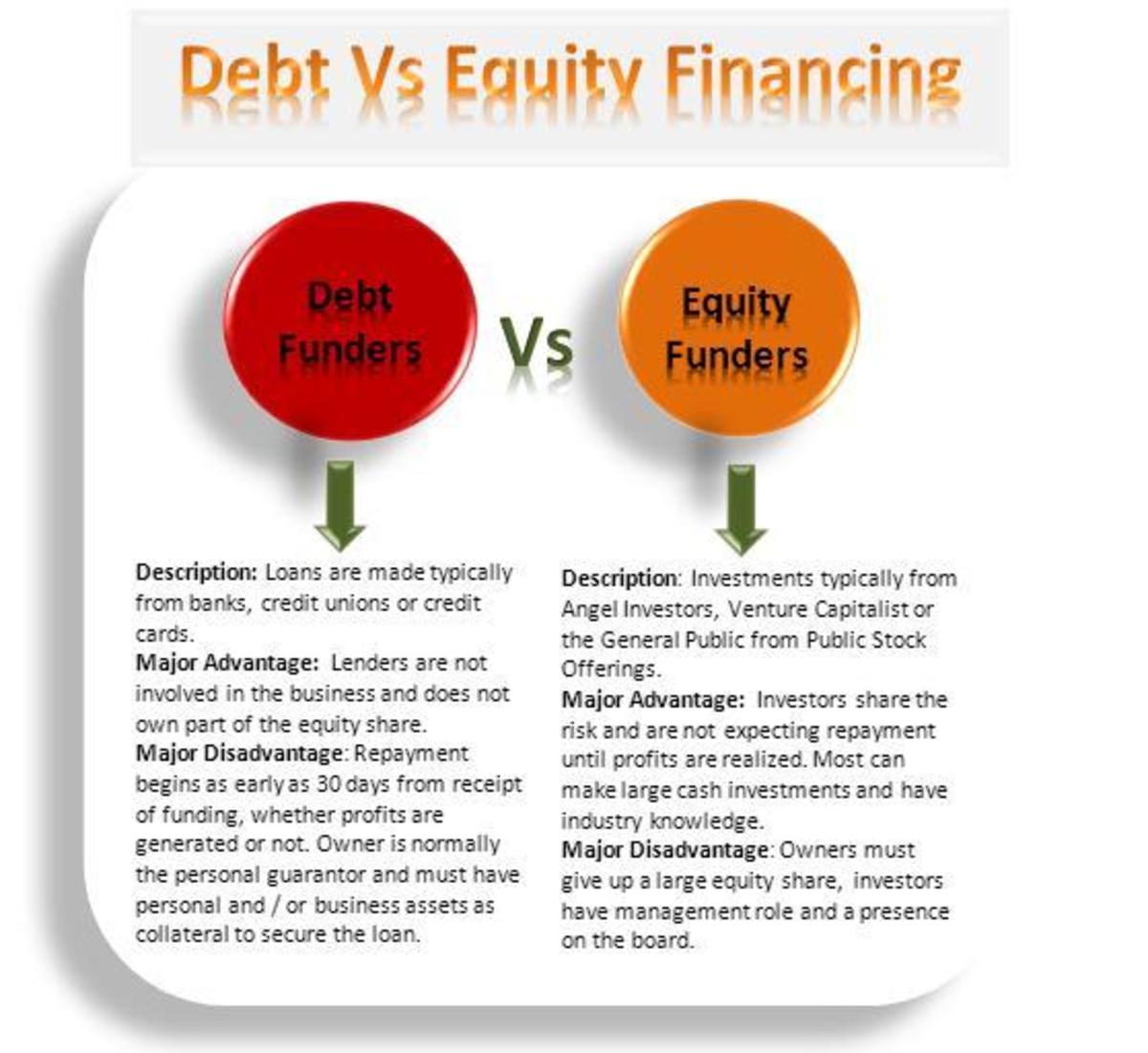Pros and Cons of a Debt Consolidation Plan for Homeowners

What is a Debt Consolidation for a Homeowners?
Simply, those who own a home and have some equity or value in that home may borrow against that equity to acquire a loan.
Homeowners who need debt help can take out a loan using the value of their house to secure the loan. The proceeds of this loan are then used to pay off certain types of unsecured debt like high-interest credit cards.
While some folks use it to improve the property or take a vacation, most folks take out a home equity loan to pay off credit card debt.
Debt consolidation is a type of secured loan. That means there is something of actual value (your home) against which the loan is guaranteed.
Because homeowners have the benefit of home ownership, they usually have access to lower interest rates. reduced monthly payments amounts, repayment negotiation and less additional fees for their debt consolidation loans.
If you choose to borrow money by using a credit card, there is nothing that secures that loan but your promise and obligation to repay it - with interest. Fail to make payments on that credit card and it will hurt your credit.
If you choose to borrow money through a homeowner's loan to pay off that credit card and you fail to make the required payments, you can lose your house.
.
Determine Debt Consolidation Loan Interest Rate
The first thing you should do is to take an inventory and determine what type of debts you have.
Next you can decide which type of debt consolidation loan is going to work best for your particular situation.

You may have a lot of unsecured debt like credit cards or other type of loans. You may a lot of secured debt in the form of car loan or mortgage.
Some of your accounts may be past due or have late payments.
Get a pad and pencil and write down the answers to these questions:
• What is the total current amount of your debt?
• What type of debts do you have (secured or unsecured)?
• What is the current age of all your individual debts?
• What is your current credit (FICO) score?
You will also need to determine which loans (if any) have gone to collection with a commercial collection agency or attorney. You need to know this because your credit score will determine the interest rate you're able to get on your loan.
Yes, being a homeowner will weigh in your favor for getting loan approval but you still need a decent credit score to get those low interest rates on a debt consolidation loan.
.

Debt Consolidation for Homeowners with Bad Credit
If you are a homeowner with bad credit, it is still possible for you to get a debt consolidation loan but your interest rate will likely be higher.
If you are in this position, you may want to start looking online for companies that specialize in making loans to homeowners with bad or poor credit.
There are quite a few of these loan providers so you shouldn't have any trouble finding several. Find a couple of their websites, provide some basic information and ask each of them for a quote.
In this way, you can get a good idea of the interest rate on a debt consolidation loan. Typically, the lower your credit score, the higher your debt consolidation loan interest rate.
.
Debt Consolidation and Making a DIY Debt Management Plan
Since the debt consolidation loan is dependent upon the individual circumstances of each homeowner, a specifically tailored debt management plan should be created for each homeowner. This is really a fairly simple matter and does not necessarily require the help of an outside consultant or debt counseling company.
You can do this yourself. You already have you list of total amount of debt and the type of debt. Then calculate the monthly cost of paying a certain amount to these creditors each month.

Next, you're going to have to get that money from somewhere so you need to start cutting expenses where you are able.
Select a lower cost cable TV plan, switch over to generic brand groceries, get rid of any unused services or memberships. For example, if you never really go to the gym, why are you still paying on that membership?
If you have Excel®, make a spreadsheet of all your expenses so you can see them all laid out. Then look at the spreadsheet and decide which expenses could be reduced or eliminated each month.
The final total is now your monthly budget amount and you should stick to it so you have enough money each month to make all your payments.

If you're taking out a home equity loan, most (if not all) of that money should go toward paying off all your unsecured debt first.
Any money left over should be placed into a servings account for emergencies.
Next, work your monthly budget making all required payments on time and for the full amount. Pay more than the minimum amount due on credit cards and you'll pay off the debt much sooner.
Continue to follow this monthly DIY debt management plan and you'll soon be out of debt.
What Would You Do WIth an Extra $18,000?
Think about this - If you are paying $1500 a month toward a debt management plan, once you get all those debts paid off, you will have $1500 extra every month.
Save that over a year and it adds up to $18,000. Now, what could you do with that money? Well, before you get too excited, get back to your debt management plan and start working it!
.
Avoid Adding Any Additional Debt
You do not want to start making some progress on your debt consolidation plan and then acquire more debt. Make a commitment to throw out each and every credit card offer that comes your way.
Don't buy anything on your current credit cards - cut them up if necessary.
Pay cash for everything according to your debt management budget. Develop new spending habits by keeping a bit of cash with you.
Whatever you do, stay within your budget. Remember, if you have put your home up as security for a debt consolidation loan and you don't make the payments, you could lose your house.
.
The Pros of Debt Consolidation for Homeowners
One of the biggest advantages to borrowing against your home equity to pay off debt is lower interest rates on the loan. You may have a credit card balance that has a high interest rate, say 15% APR or higher. If you get a home equity loan with an 8% interest rate , that saves you quite a bit of money over the long haul.
Another big advantage is the possibility of taking a deduction for the amount of interest charged on the homeowner's loan. Add that to the already lower interest rate and you save even more. You cannot deduct interest payments on a credit card debt.
Take some time to do detailed research on lenders and find yourself a deal that will save a bunch on the closing costs of your loan. This can add even more savings.
.
The Cons of Debt Consolidation for Homeowners
The biggest disadvantage to taking out a homeowner's loan or home equity loan is placing your house on the line. If you don't get on top of your debt, make promised payments on time and start working your debt management plan to get out of debt, you could lose your house.
Since you have a general idea of the amount and type of debt you owe as well as the amount of money you can afford to pay each month, then you should know how long it will take to pay off the debt. Do not take out a loan for longer than you need to pay off the initial debt. You don't want to pay any more interest than you absolutely need to.
Another disadvantage of this type of loan is the variable interest rate. If it's at all possible, steer away from this type of loan. Most times you'll be alright but if the market turns sour or some financial crisis looms, your interest rate may go up. That's never good.
.
Some Final Tips on Debt Consolidation
A debt consolidation plan is not the only thing you may need to get on top of your debt issues. If you want to be free of debt forever, you need to change your spending habits, make some serious commitments and act responsibly with your finances.
Simply taking out a home equity loan as a means to debt consolidation is just the start. If you take out the loan and don't change anything else. you'll likely end up in debt once more. Make you debt consolidation plan - with a homeowner's loan as PART of the overall plan - and stick to working your plan.
If you feel like this process is just too overwhelming, then you may want to consider working with a debt counseling service or a non-profit credit counseling agency. You can sit down with a real person who is willing to help you work out your debt issues, create a workable plan and get you on your way to being debt-free.
The information in this article is intended for informational purposes only and not for the purpose of providing legal advice. You should contact your attorney, accountant or financial advisor to obtain advice with respect to any particular issue or problem.
_________________________________________________________________









